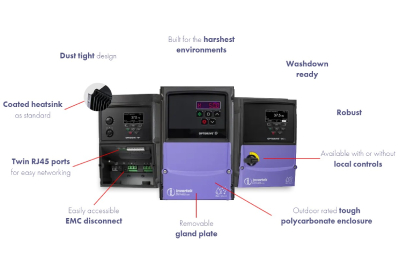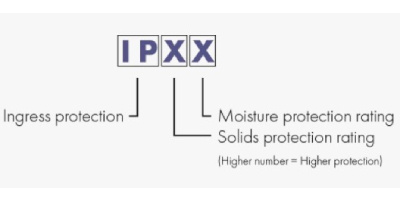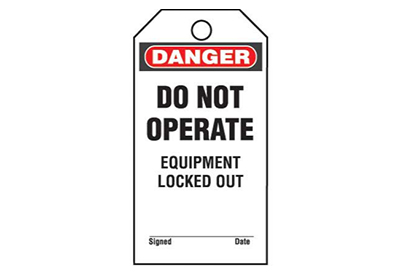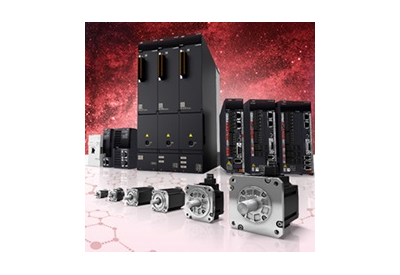Introducing the IP66/NEMA 4X Variable Frequency Drives from Invertek

February 11, 2022
Optidrive variable frequency drives provide advanced electric motor control and are renowned for their ease of set up and use. With the addition of IP66 / NEMA 4X rated enclosures, which are available across the E3, P2 and Eco ranges, they can operate in some of the harshest environments. The IP66 / NEMA 4X rated variable frequency drives can be used in applications and environments containing large amounts of dust, moisture, and chemicals. They are the perfect choice for applications such as conveyors, mixers, packaging, ventilation and fans, and water or liquid pump systems.
The high level of protection provided allows the drives to be placed directly on, or very close to, the motor and application without the need for a cabinet. This makes them an ideal solution for outdoor applications, retrofitting and equipment requiring washdown. A coated heatsink combined with the protected enclosure, and a design that eliminates areas where dirt can become lodged, makes them able to withstand strong water jets, which means they are perfectly suited to applications requiring stringent hygiene standards.
IP and NEMA ratings. What are they and which do I need for my application?
Ingress Protection (IP) ratings were developed in Europe and are used internationally. NEMA ratings (also called NEMA Type ratings) were developed by the U.S.-based National Electrical Manufacturers Association. Both IP and NEMA are rating systems for the level of protection offered against exposure to substances such liquids, rain, ice, corrosion and dust.
What are IP ratings?

IP (Ingress Protection) of products is an international rating system that classifies devices for different environmental conditions All electrical devices have an IP rating which are defined in International Standard EN 60529. The rating provides a consistent measure of sealing effectiveness of electrical devices against intrusion from foreign bodies such as dirt or water.
What does IP rating mean?
The IP rating consists of two digits.
The first digit is the rating of protection against solids on a scale of 0 to 6, with 0 meaning no special protection against solids and 6 being the highest level of protection and means the device is dust tight.
The second digit is the protection rating against liquids on a scale of 1 to 8, with 0 meaning no special protection against liquids solids through to 8 which means there is protection for prolonged water immersion.
To learn more about the IP66 variable frequency drive fro, Invertek, click here






